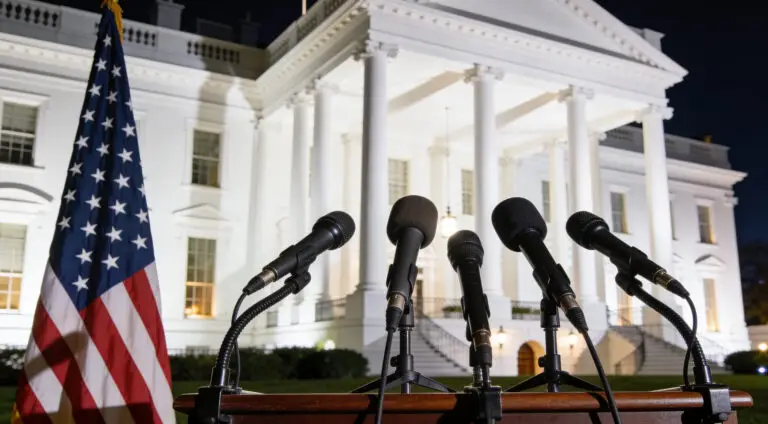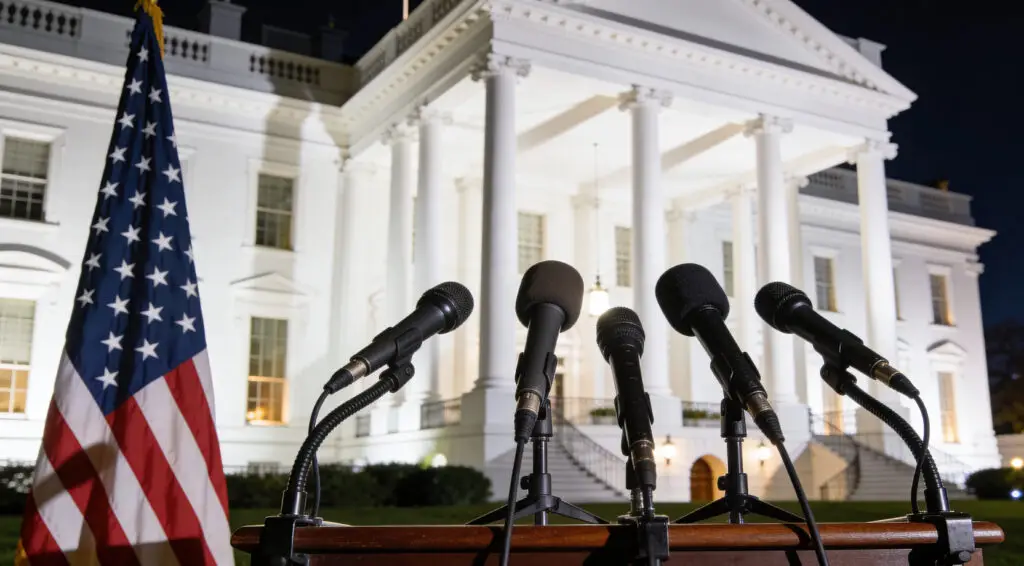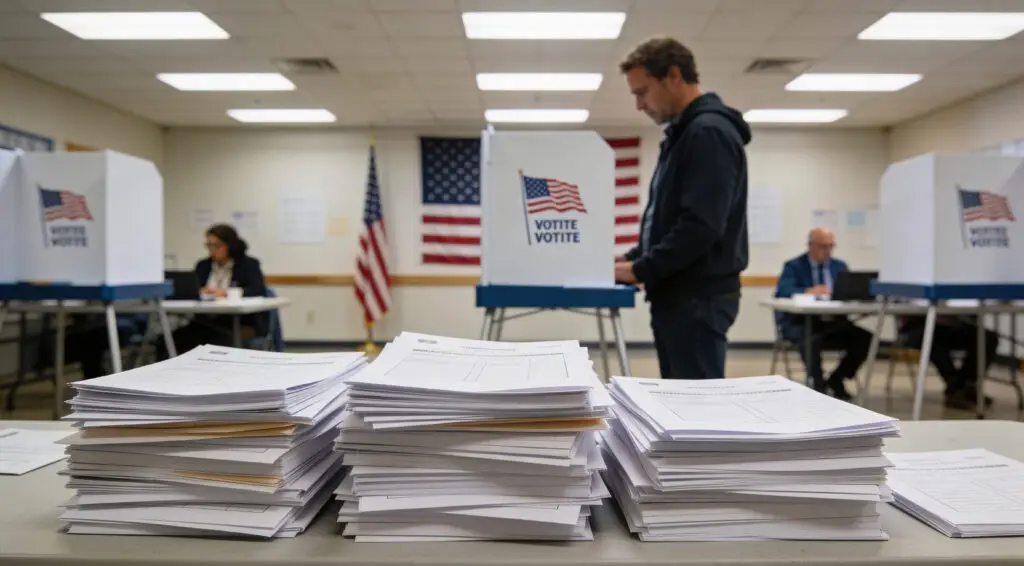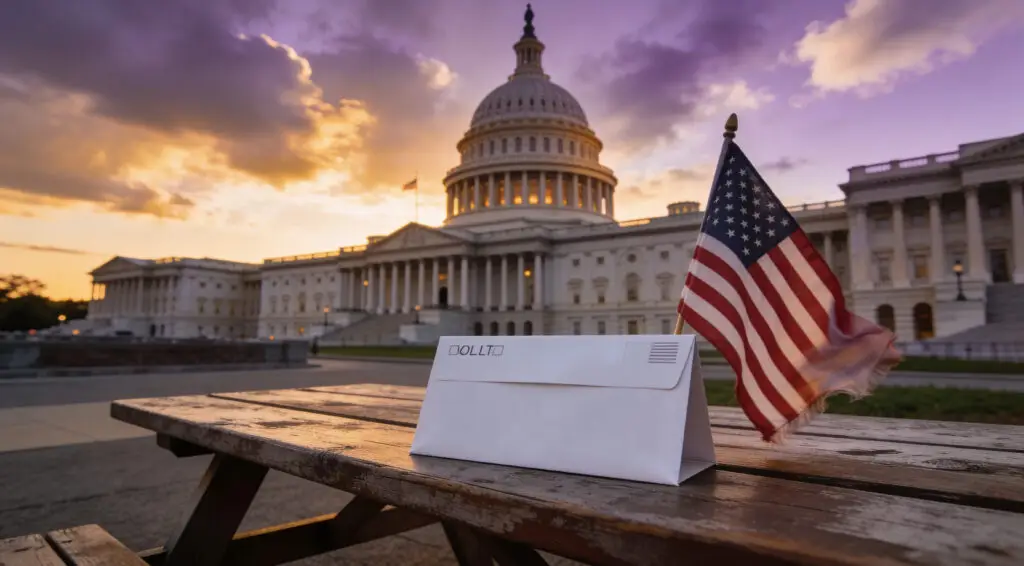The Constitutional Court’s Ruling in Thailand
Thailand’s Constitutional Court removed the prime minister. She was found guilty of ethical misconduct. This was over a controversial phone call. The call was with Cambodia’s former leader.
The ruling makes her the fifth prime minister. She is the second to be toppled by judges since 2008. The ruling plunges the kingdom into uncertainty. This could lead to a snap election.
Details of the Misconduct and Ruling
The nine-judge court said she “seriously violated” ethical standards. This was required of a prime minister. She had spoken to Hun Sen during a border conflict. The leaked conversation was a major factor.
In the call, she pandered to him. She also criticized a senior Thai army commander. The court said she put her personal interests first. This led to a loss of public trust.
A Blow to the Shinawatra Family
The ruling is a significant blow. It affects the Shinawatra political dynasty. It is the second of three high-stakes court decisions. These are against Paetongtarn and her father.
Her predecessor was also removed from office. Srettha Thavisin was sacked on similar grounds. A Pheu Thai supporter described the ruling. They say it is an attempt to end the family dynasty.
Recommended Article: France Faces Another Political Crisis as PM Calls Vote
The Role of the Court in Thai Politics
The court is seen as a tool. It is an instrument of the royalist military establishment. The ruling affirms a troubling pattern of overreach. An unelected panel of judges decides the political future.
This overrides any democratic mandate. It also bypasses accountability to the electorate. It is a very controversial situation. It highlights the deep divisions in Thailand.
Political Uncertainty and the Path Forward
Analysts say the future is unclear. There is no obvious successor to the prime minister. A stable coalition appears difficult to form. This is in the face of mounting challenges.
Economic uncertainty is tied to a new trade deal. The border conflict with Cambodia is unresolved. Legislators might not agree on a government. This could lead to a new snap election.
A New Successor and Coalition Options
Under the constitution, only nominated politicians can govern. Pheu Thai has one more eligible candidate. He is a Thaksin loyalist and former minister. Other candidates come from conservative parties.
One analyst believes a certain candidate is viable. He is from the Bhumjaithai Party. He could form a new coalition. This could run out the clock until the next election.
Thailand’s Political “Straitjacket”
Thai politics is in a “straitjacket,” says a professor. Elected governments get overthrown through manipulation. The autocratic forces that overthrow them cannot get elected. This has been going on for two decades.
The conservative forces do not want reform. They do not want progress in the nation. The court’s ruling is a sign of this. This is a very complex and difficult situation.















